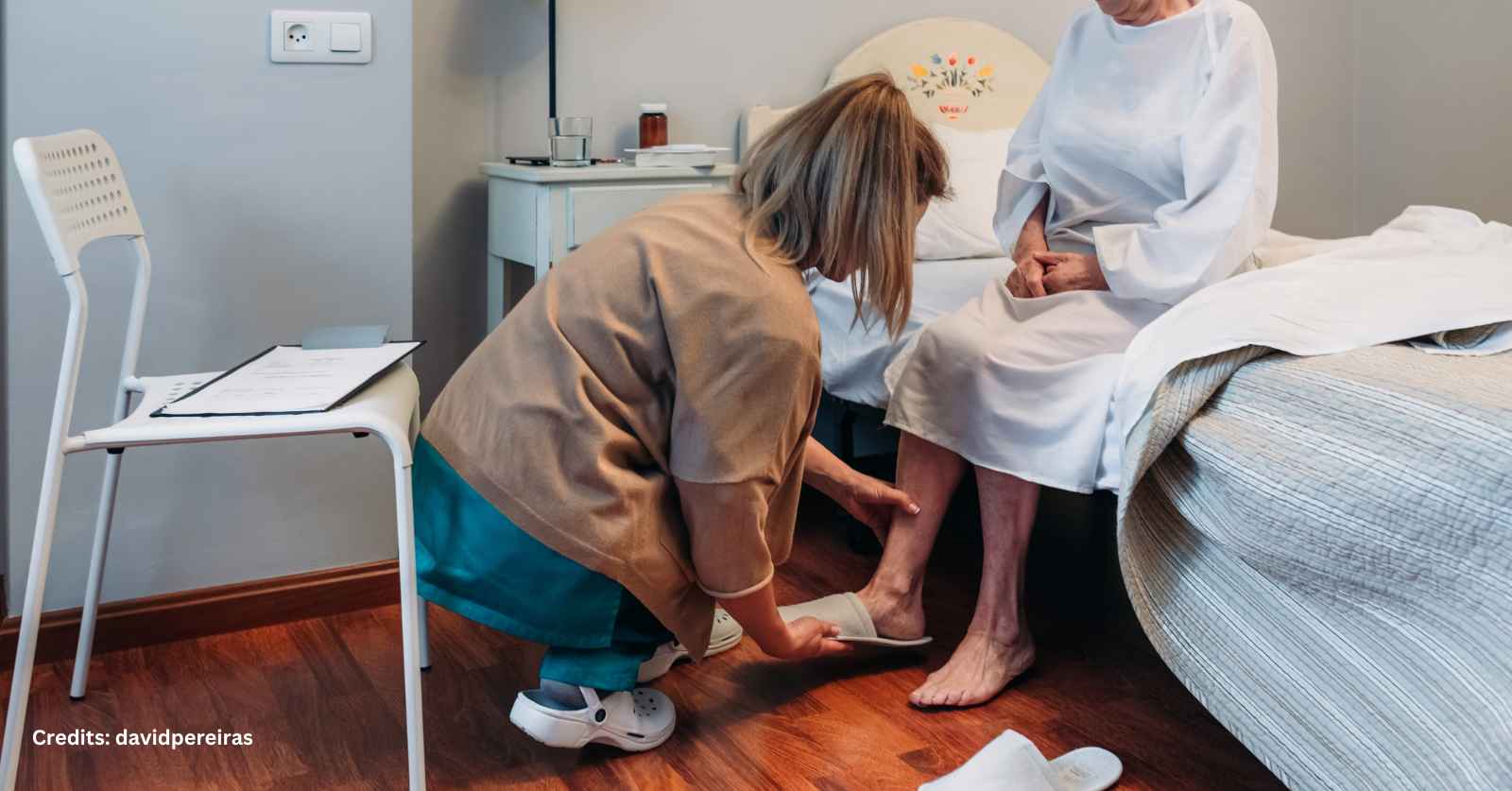As we all go through our journey of life, at some stage we may be faced with a terminal health diagnosis. Family, friends, colleagues, health care providers may all step up to offer physical, emotional and social support during these very difficult times. Sometimes it gets to the point where you need to call on additional support and invite the valuable skills and compassion of a Palliative Community Care worker.
The Palliative Care Worker is an integral part of a person’s everyday life when living with a terminal illness. As a Care Worker we are there to offer our skills and services to enhance end of life care.
Care Workers who work as part of a Palliative Care Home Support Team make it possible to increase the number of people wishing to die at home rather than dying in hospital setting. A person has the right to choose where they want to live their last precious days of their life, a Care Worker can be part of making their dying wish a reality.
The main goal of a Care Worker is to contribute to care. To be there during those days and hours when families desperately need additional support. As a current Community Palliative Care Worker, I lend my skills, my experience and knowledge to those who need it. I show care, compassion and empathy for terminally ill people and their families in the community and do everything that I can for my clients so they can die comfortably and with the dignity they deserve.
As a Community Palliative Care Worker, I have the opportunity to provide practical assistance including but not limited to personal care, comfort care and manual handling as well as offering emotional and social support to clients and their families. My passion is to assist people in the community and provide essential at home care, to continue to advocate and empower those wanting to stay in their homes for palliative, end of life care.
Death and dying doesn’t need to be anymore “clinical” than it has to be. People no longer have to live their last days out in a hospital or clinical setting, people can make an informed, holistic choice to die a meaningful death in their home, surrounded by family and friends and more importantly in an environment which is comfortable and know to the person.
There are community teams that implement and facilitate programs which are readily available and accessible to those faced with a terminal illness. Resources and tools have been specifically designed to help you put an action plan in place. Those with terminal illness can engage with these resources early and call on their friends’, family and community to help them navigate through their journey.
A Palliative Care Worker is such an asset to the multidisciplinary “Palliative Care Team”. We identify the gaps and provide essential personal care, which is so important for a palliative client. We are there to help improve a person’s quality of life, we promote and encourage participation of activities of daily living and encourage personal, meaningful activities. A Care Worker listens to the person and helps them to stay empowered, we are there to help the client and their families feel supported.
I am proud to be a Palliative Care Worker. I find the work I do to be so meaningful and purposeful. Being a part of a person’s journey at such a time is an honour and a privilege, it is an opportunity that I don’t take for granted.
My name is Kellie Cooper-Smith and providing great Palliative Care is my passion. Two years ago, I was given the opportunity to participate in specialised Palliative Care training and began working as a Community Palliative Care Worker where I assisted people with terminal illness to die as they wished in their homes. Since then I have also become qualified in Community Services, Health Services Assistance (Assistant in Nursing) and Allied Health.
My goal is to help bridge the gaps in Palliative Care, one way I can do this is to share my knowledge and skills with the community and offer my advice and practical guidance to families who are caring for a loved one with a life limiting illness. In my work practice I follow a holistic and person-centred approach looking at each person as an individual, encompassing mind, body and spirit.




























